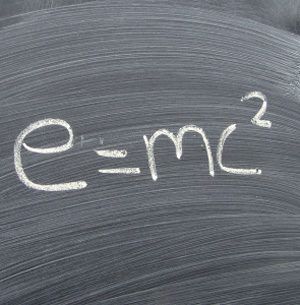I first sat in a box at the Albert Hall when I was sixteen. The parents of a cellist friend of mine invited me – I was just a kid! I would happily go again and recommend anyone in London to go too.
On that particular evening, I think it was the great Russian cellist Rostropovich who was playing. How much fun it was! At the time, I had been playing Beethoven’s wonderful cello sonatas with my friend Miriam, and I was in love with the cello (and even studied it for a while … very unsuccessfully, I must add!).
One of the most wonderful English traditions I learned about when I first got to know about the culture was the Proms in the Albert Hall every summer, “prom” being short for “promenade concert”, referring to having the audience in the “standing area” in the middle of the concert hall in the front. “Promenade” tickets are only 5 pounds each.
Many famous faces have appeared in the Hall, from pop musicians (like the Spice Girls) to classical ones (like Dame Kiri Ti Kanawa), and from top sportsmen (like British number 1 Tim Henman) to even Albert Einstein (apparently he led the “Einstein meeting” at the Hall in October 1933 for the Council for Assisting Refugee Academics, a British charity).
It turned out to be the only time Einstein appeared at the Albert Hall; but even more importantly, one of the last few days he spent in Europe – soon after the speech, he sailed to New York from Southampton to start a new job at Princeton University, and was never to return to Europe again.
Music, it must be noted, played an important role in the life of Einstein. Not only did he play chamber music with a few professionals and performed for private audiences and friends, his piano playing seemed to have had some connection with his physics. It has been recorded that one morning at breakfast, Einstein’s wife Elsa noticed that he seemed lost in thought and ignored his food. When she asked him if something was bothering him, he sat down at his piano and started playing. He continued playing and writing notes for half an hour, then went upstairs to his study, where he remained for two weeks. At the end of the two weeks, he came downstairs with his two sheets of paper bearing his theory of relativity.
In fact, the Oxford physicist Brian Foster wrote that music was not only a relaxation to the great scientist, it also helped him in his work. Writing in Physics World 2005 about Einstein’s love of music, Foster recalled how Einstein’s wife once wrote that “Music helps him when he is thinking about his theories. He goes to his study, comes back, strikes a few chords on the piano, jots something down, returns to his study.” Einstein’s son too recalls his father using music as a tool in his work: “Whenever he felt that he had come to the end of the road or into a difficult situation in his work, he would take refuge in music. That would usually resolve all his difficulties”.
Einstein himself said:
If I were not a physicist, I would probably be a musician. I often think in music. I love my daydreams in music. I see my life in terms of music … I get most joy in life out of music.”
Imagine listening to Einstein’s speech from a box at the Albert Hall! It is interesting to note that the Albert Hall actually had such bad acoustics when it first opened that it was said to be the only place where a British composer could be sure of hearing his work twice. This was fixed eventually, in 1969, when a series of fibreglass acoustic diffusing discs that look like flying saucers were fixed to the ceiling.
P.S. A venue of a different type – what I would call elegant (but not grand) – is St John’s, Smith Square, a former church in the middle of Smith Square, in Westminster (SW1). Sold to a charitable Trust as a ruin following firebombing in the Second World War, it was restored as a concert hall. And what a beautiful concert hall it is! Today, it runs a busy and well-rounded programme consisting of a great variety of classical music.





